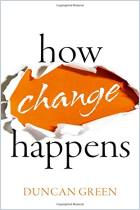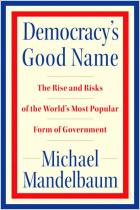
From Dictatorship to Democracy
A Conceptual Framework for Liberation
Recommendation
Political scientist Gene Sharp wrote this powerful essay in 1993 to support the resistance movement in Burma, where the government sentenced people who owned this booklet to seven years in jail. Since then, opponents of oppression – most notably in the Arab uprisings of 2011 – have distributed this text widely to political and social activists who want to apply Sharp’s 40 years of research, experience and writing about nonviolent struggles, dictatorships and resistance movements. Sharp distills his work on political theory and sociology into a readable, tight, practical volume. Its appendix lists dozens of specific tactics for organizers who want to mount peaceful campaigns against established oppressive forces. getAbstract recommends this influential pamphlet to everybody interested in understanding how peaceful revolutions work.
Summary
About the Author
Gene Sharp is a professor emeritus of political science at the University of Massachusetts and at Dartmouth. Known for his extensive, influential writings on nonviolent struggle, he is the author of Waging Nonviolent Struggle and Gandhi as a Political Strategist.
















Comment on this summary or Start Discussion